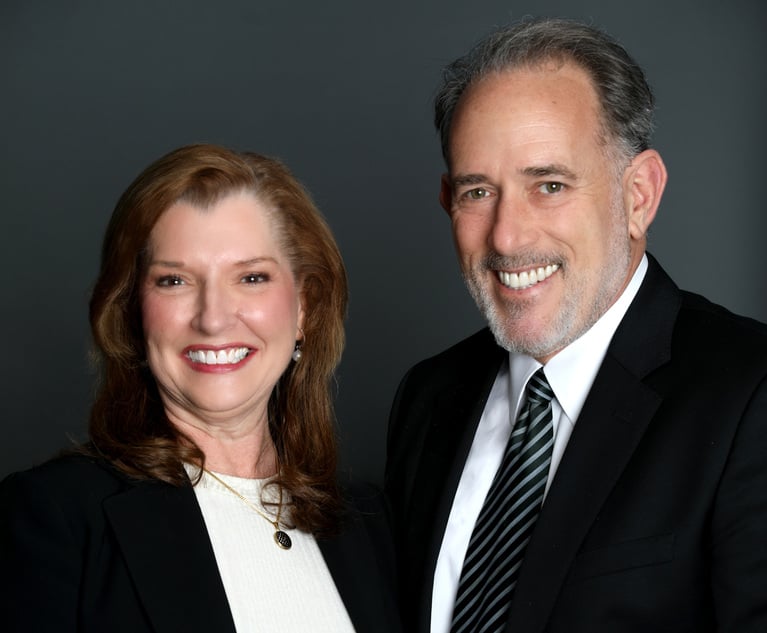In furtherance of these goals, clients often request that attorneys evaluate the likelihood of success for a claim and the potential verdict. Given the many uncertainties inherent in litigation, attorneys can struggle to balance the desire to provide clients with meaningful evaluations and the need to account for the many unexpected or unpredictable contingencies that may impact the outcome of a matter.
Some clients, especially those that are experienced litigants (such as insurers providing a defense for insureds), view evaluations as something of a mathematical equation that requires assigning a likelihood of success on claims multiplied by the total potential exposure. That practice may be used to determine a reasonable settlement value for the case and, in some instances, the client may reject settlement offers or demands in reliance upon the calculation performed by defense counsel. Unfortunately, however, this can create risk that clients do not appreciate that their attorneys are simply projecting what they believe is likely to occur, as opposed to guaranteeing an outcome.
Certainly, in some instances, an attorney may fail to incorporate applicable law into their assessment or fail to alert the client of damaging facts that would impact the case. However, even where the attorneys carefully consider the facts and applicable law, in many cases there still remains a likelihood of an outlier result, especially when a jury is involved. Clients nonetheless may seek to blame attorneys where they refuse to settle in reliance upon their attorney’s evaluation and then ultimately recover nothing at trial (for plaintiffs) or are hit with a large judgment (for defendants).
Thankfully, most courts do not impose strict liability on attorneys when it comes to predicting the future. Instead, as with other alleged acts of malpractice, courts typically consider whether evaluations were sufficiently informed so as to meet the standard of care exercised by attorneys in the same jurisdiction. Some states, including California, also consider whether certain doctrines may shield attorneys from liability based on their exercises of judgment. Below are some of the key considerations in determining whether an attorney’s valuation might lead to potential liability for legal malpractice.
Standard of Care
The local bar rules are often viewed as instructive authority regarding the standard of care attorneys must meet during the course of a representation. In particular, Rule 1.1. of the California Rules of Professional Conduct requires that an attorney provide a competent representation to a client. “Competence” in performing legal services is defined in part as the “learning and skill … reasonably necessary for the performance of such service.”
Typically, it is sufficient for an experienced attorney to thoroughly review the facts and, relying on her or his experience with similar cases, make an educated conclusion regarding the client’s likelihood of success. Documenting the review of the record, known facts, and applicable law can help show that the attorney exercised the requisite level of skill in preparing the assessment.
Of course, what qualifies as skill necessary to perform a service in a given practice area could vary by jurisdiction or even by practice area. An attorney evaluating a matter pending in a specialty court, for example, may have different obligations in the analysis than an attorney evaluating a run of the mill contract action.


 Shari Klevens, left, and Alanna Clair, Dentons. (Courtesy Photo)
Shari Klevens, left, and Alanna Clair, Dentons. (Courtesy Photo)




